How were the first microprocessors made? ... can an ordinary guy try to make one?
An ordinary person doesn't have the resources that were available to a business like Intel in 1971.
It would be like filling your garage with this

And from that constructing this 1971 artifact using a budget of $500 and one person's evenings and weekends.

However, you can construct a CPU from basic logic ICs - Example
See this answer to the Q of which this is pretty much a duplicate.
It took Jeri Ellsworth 2 years to make an inverter (two FETs) about the size of a quarter. Most of that time was working out a process simple enough that she could use it at home. So I guess she could probably go on and eventually produce a logic gate a day using that method. So that would take maybe 10 years (weekends off and a couple of vacations a year) to make enough gates to construct something like an Intel 4004. The result would perhaps be a "chip" the size of a large car (if not a small house).
Some other people are working towards a smaller scale, more integrated, and less hand-hewn process - but it seems they've been working for a couple of years and don't have any working devices yet. They do have some impressive small-scale artifacts though. I'd guess they may still be many years away from process that is both affordable and usable at home.

